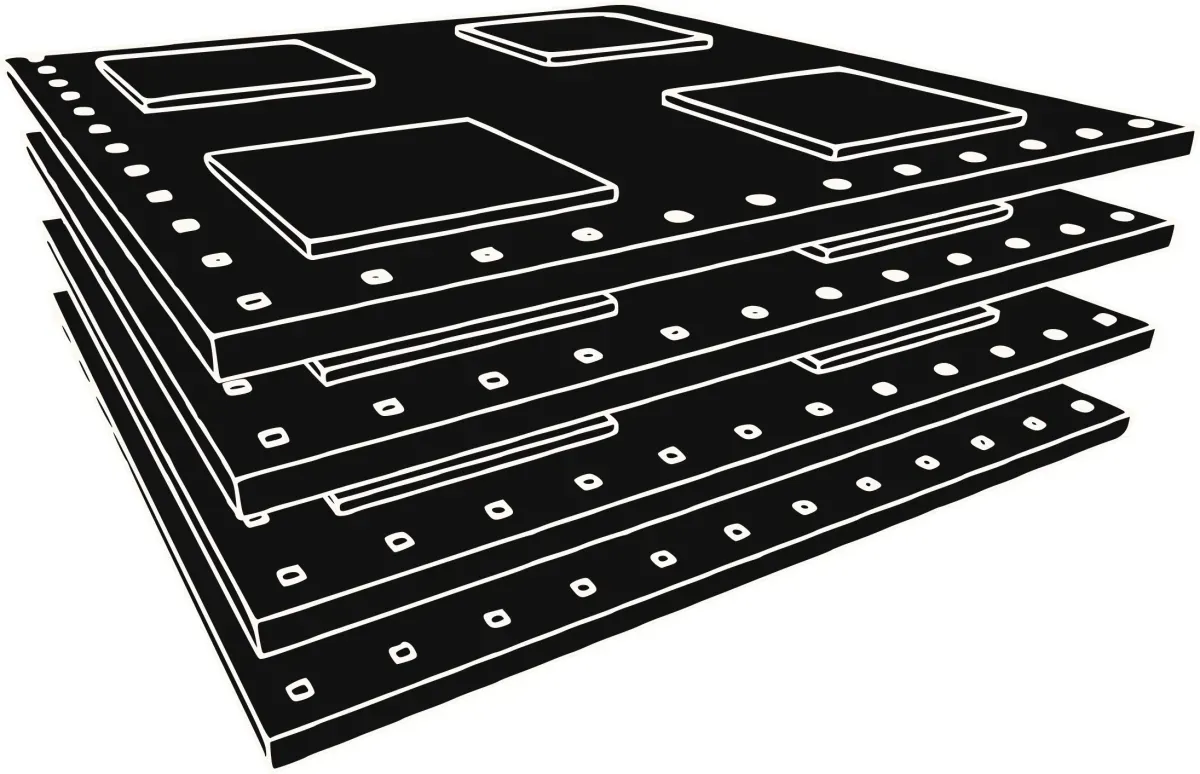The startup set out to create AI-specialized chips with a reduced footprint and raw computing power comparable to the conventional chips used in most resource-hungry applications. This amount of compute density would not only enable consumer electronics to run models locally but would also offer a much-needed path forward at a time when Moore's Law is reaching the limits of physics, endangering the possibility of scaling computing power at a pace that can keep up with the rapidly growing demand from computing-intensive applications, such as AI model training.
Unlike traditional semiconductor scaling, Semron looks to scale volume rather than area. To do this, it plans to substitute the transistors used to build most chips with "memcapacitors" or capacitors with a memory component. Unlike transistors, capacitors can store energy. Hence, calculations in a chip using capacitors would be performed using electric fields rather than electric currents. Electric fields also have heat-reducing properties that transistors working with electrical currents lack. This means there is a lower risk of heat not dissipating from in-between the capacitor layers required for volume scalability. Aside from energy efficiency, heat dissipation is another of the essential hurdles that any scalability strategy must overcome.
Semron's mission to develop custom chips is not unique. However, the startup has managed to differentiate itself from some competitors by introducing the memory component via its proprietary CapRAM™ technology, which can store the weights of an AI model. Thus, the memory component means that calculations are done where the data is, rather than moving it to the computational units every time calculations are made. This also guarantees that the noise level for calculations using the CapRAM™ technology is lower than other technologies. Since noise level is the upper limit for energy efficiency, Semron's approach to custom chips results in an impressively low energy consumption.
Even with a couple of factors against it, including the existence of competitors and the early stage that its product is in, Semron has managed to attract investors and raise a substantial amount of funding (10 million EUR, or around $10.81 million to date). This is a clear sign of interest from investors who may see potential in Semron's offering, which may be able to differentiate itself from its competition by specializing in AI computing and standing by its design choices.







Comments